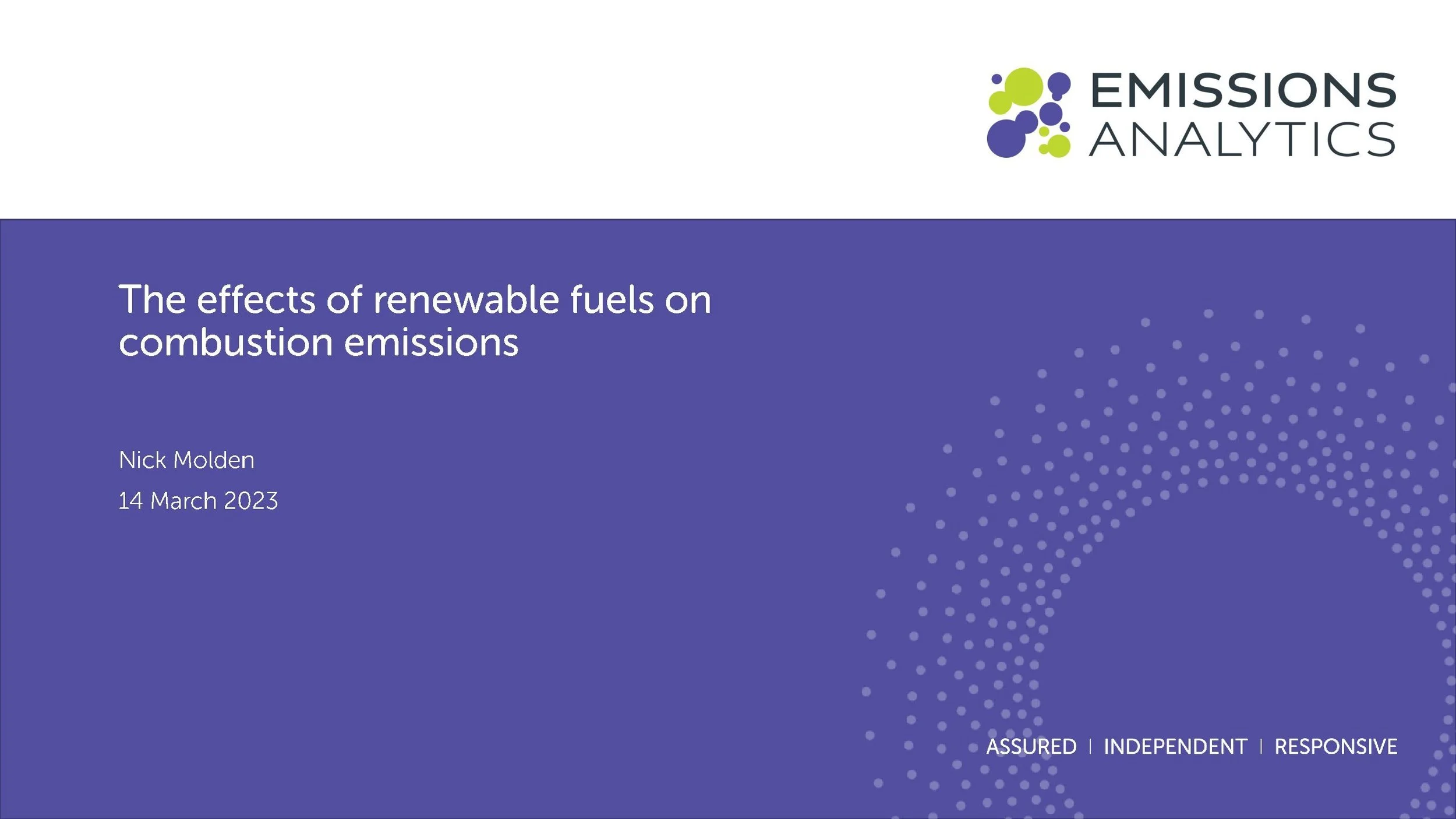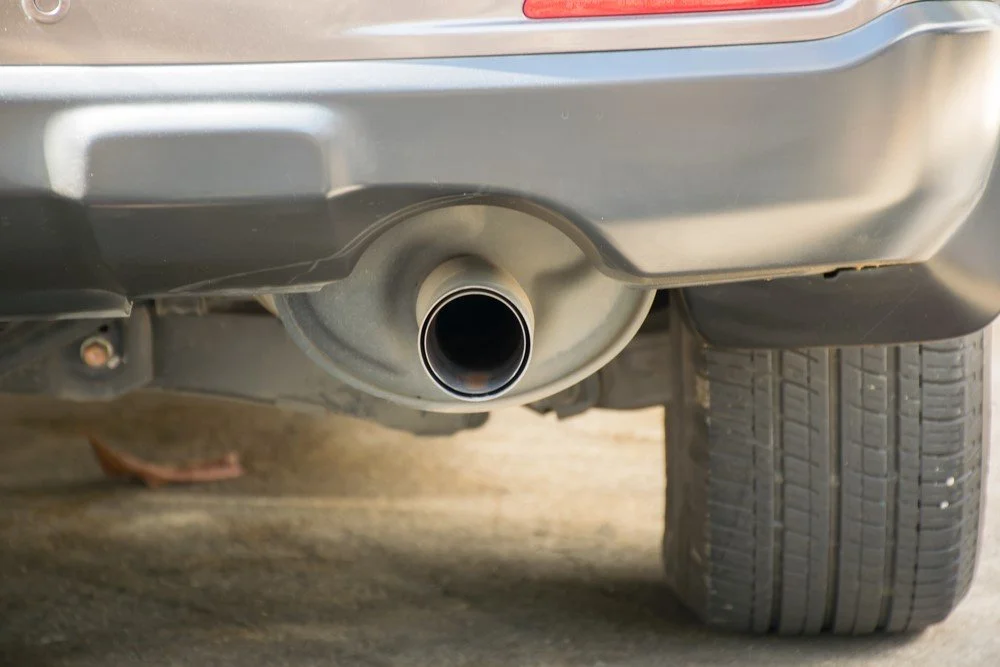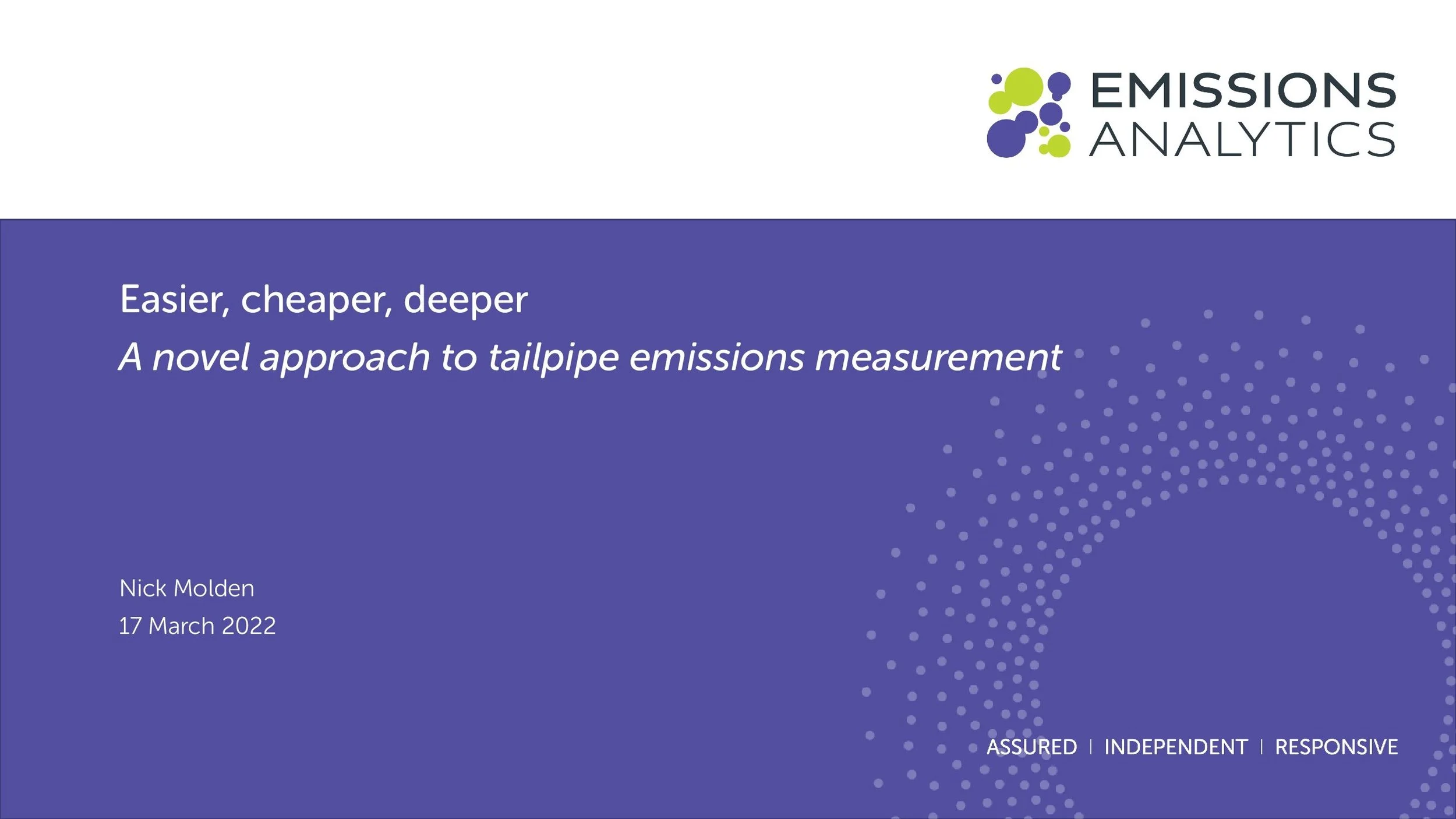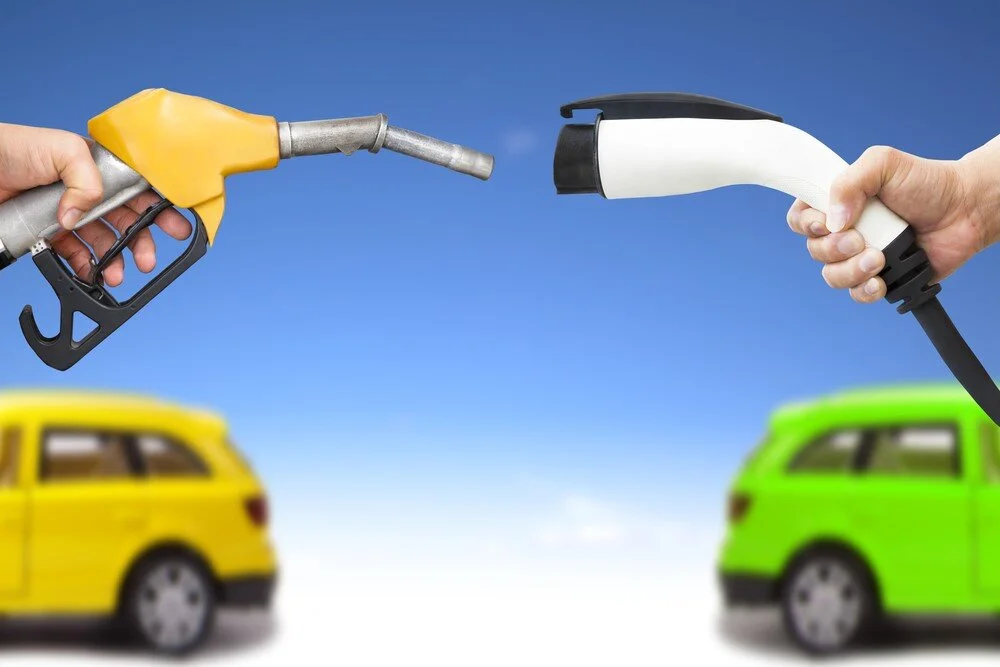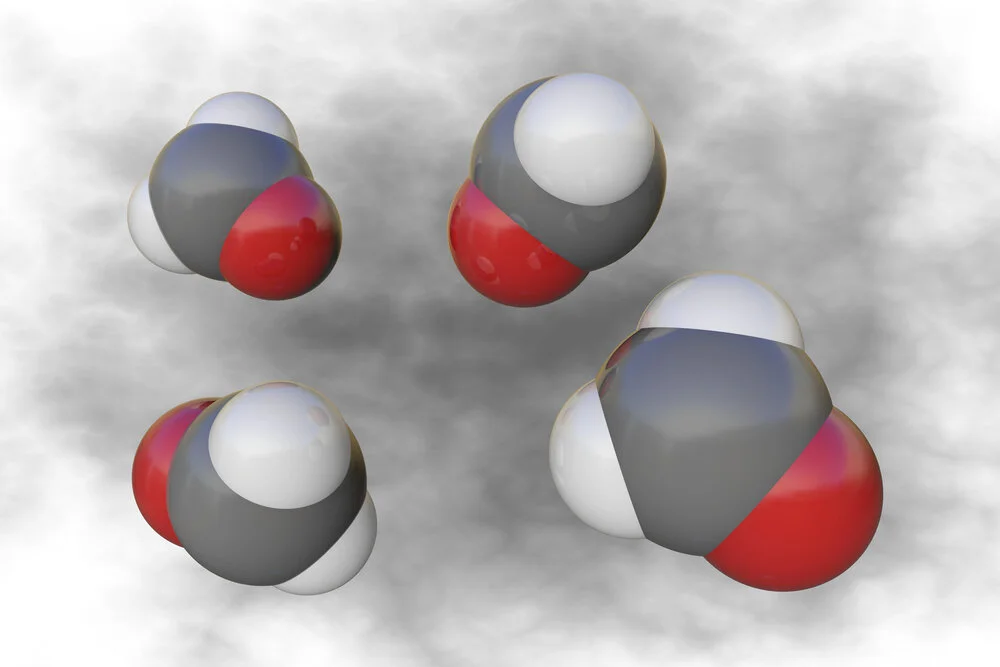The 1983 UK General Election saw the Labour Party manifesto dubbed the longest suicide note in history. The current policy for decarbonising transport in the UK and Europe may be the most complex one. For the policy to work, it is necessary simultaneously to switch the grid to green sources and fundamentally change the relationship between consumers and their cars, in order to balance that new grid. Both are a major challenge, and if either fails, the whole policy fails. If it does go off plan, we may well end up with undesirable cars being powered by a dirty grid, and an unresolved climate change problem. Are industry and government locked in a suicide pact?
Webinar: The effects of renewable fuels on combustion emissions
The webinar covering the latest results on the effect of renewable fuels on combustion emissions, which has been conducted together with the University of Oxford. It will look at the chemical composition of renewable fuels, consider the impact that has on tailpipe emissions, and see how well Euro 7 may capture these effects.
The septillion particle problem (literally)
That’s 1,000,000,000,000,000,000,000,000 exhaust emissions particles that are due to be emitted in the United States that don’t need to be. How? A large majority of European and Chinese cars are now sold with tailpipe particle filters, known as gasoline particulate filters (GPFs) or diesel particulate filters (DPFs) in the industry, but this is not the case in the US.
Presentation: PEMS Conference
The inevitability of hybridisation?
The rise of unregulated exhaust pollutants
Video: CRC Oral Presentation March 2021
Construction: the neglected source of urban emissions?
Low Emission Bus Trial in the Republic of Ireland
Emissions Analytics Speaking at the International Vienna Motor Symposium
Real Driving Emissions is a tough regulation, but also a risky one
Discrepancies between best and worst diesel cars reaches record high
New Real Driving Emissions regulation increases pressure on annual inspection and maintenance testing system
Rethinking Scrappage For Addressing Vehicle Emissions
Scrappage schemes are controversial. In a 2011 academic paper* reviewing 26 studies assessing the outcomes of 18 scrappage schemes implemented around the world in 2008-11, the authors concluded that the emission effects of the schemes were ‘modest and occur within the short term.’ They also concluded that the cost-effectiveness of such schemes ‘is often quite poor.’
Cutting pollution and improving public health
Pollution is a major contributor to chronic human sickness, not just environmental damage, according to the 2017 annual report of England’s Chief Medical Officer, Professor Dame Sally Davies, released on 2 March 2018: https://www.gov.uk/government/publications/chief-medical-officer-annual-report-2017-health-impacts-of-all-pollution-what-do-we-know. The report made 22 policy recommendations, many of which related to monitoring and ameliorating pollutant emissions.
Can driving styles prove the smarter route to better fuel economy and emissions?
The relevance of official fuel economy figures is still a perennial topic across the automotive industry, and one of the hardest to answer directly takes into account the human factor. Some claim that the official figures are in fact perfectly valid, if only the average driver wasn’t so lead-footed. But is there any truth in this train of thought?




